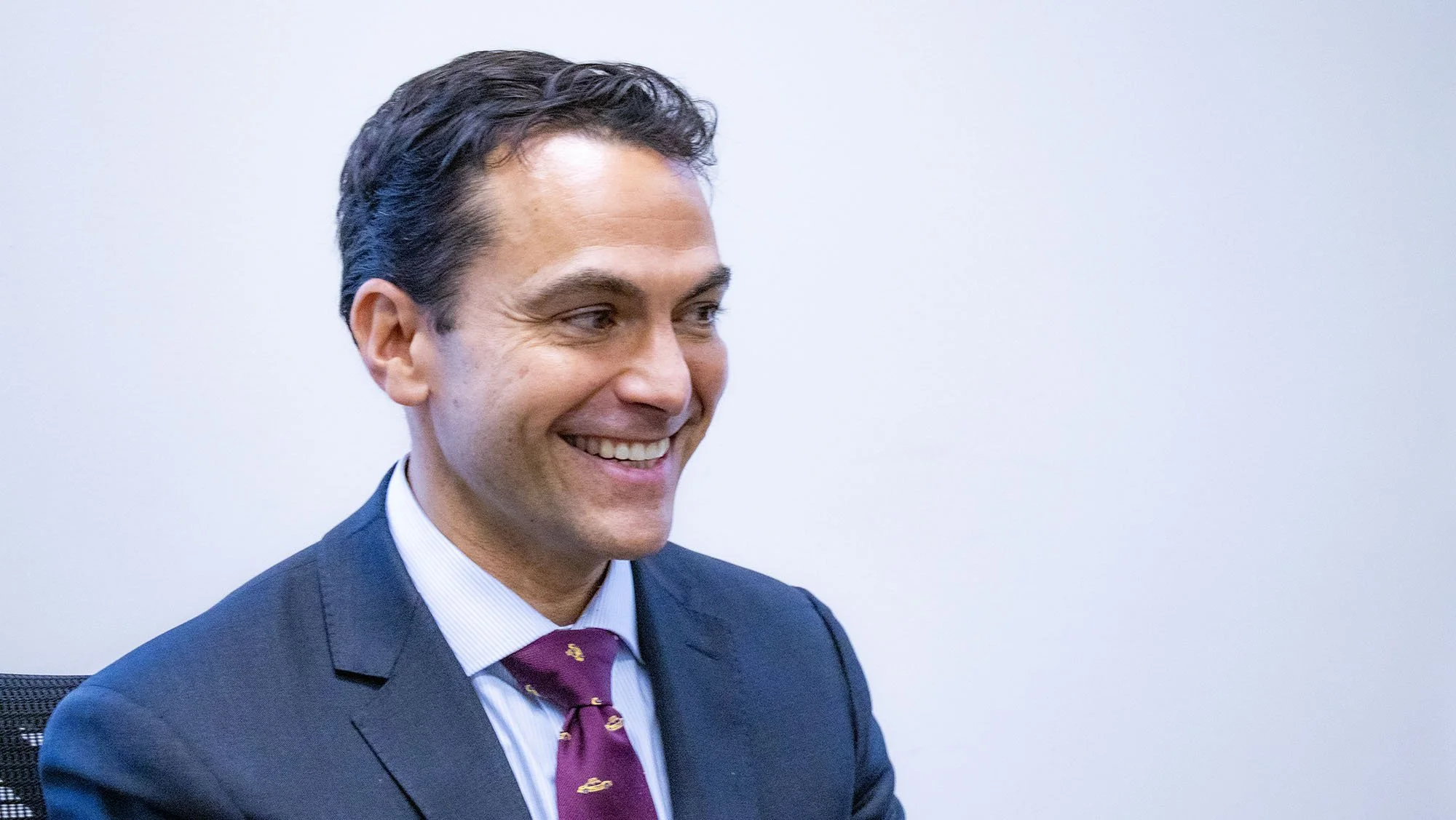Big challenges for 2024
As we start 2024, geopolitics is at or near the top of everyone’s list of risks and concerns for the year.
There are worries regional wars in Ukraine and Gaza could metastasize or that new conflicts could emerge. The U.S. is bombing Houthi militant groups, who are roiling shipping routes with missile attacks around the Red Sea from Yemen.
Countries representing almost half of the world’s population are heading into elections this year, including a big one south of our border. Populists may be poised to do well. The momentum toward global fragmentation is only expected to intensify.
And yet, markets haven’t gotten the memo. They’ve largely held on to substantial gains from the end of last year, fueled by economist predictions that we are actually going to get that coveted soft landing.
The geopolitical risk narrative is butting heads with an improving macro backdrop and the biggest question facing the global economy right now is whether we are underplaying the economic impacts of geopolitics or exaggerating the threat.
Everyone is hoping it’s the latter. But if not, the geopolitical risk may manifest in higher inflation and in interest rates than is currently being priced in.
Expectations for a soft landing apply here in Canada too.
Economists largely expect an orderly slowdown that will allow the Bank of Canada to cut interest rates back to neutral levels and spur a rebound in economic activity by the end of this year. Inflation will be near two per cent in 2025.
But the geopolitical risks that are menacing the global economy could impact Canada too - we aren’t immune to any of it. And they will play out here in unique ways, in addition to some particular made-in-Canada risks that could disrupt our soft-landing outlook. As we look ahead into the new year, here are a few considerations worth highlighting as we gauge what 2024 could bring for Canada.
Stagflationary forces
The Canadian economy’s relatively higher interest rate sensitivity, coupled with weak productivity, provides a stagflationary impulse that may be a bit more elevated than in other countries.
Canada’s economy is more interest-rate sensitive because our households are among the most indebted anywhere.
This is why Canada has lagged the U.S. in 2023 in terms of growth and is expected to continue to do so in 2024 despite much faster population growth.
Should geopolitical risks manifest in higher global interest rates than expected, that will weigh more heavily on Canada.
Our poor productivity numbers meanwhile – also among the worst anywhere - are fundamentally inflationary. Weak productivity drives up unit labour costs that will need to eventually be passed on to consumers.
For example, unit labour costs in Canada in the third quarter were up 6.1 per cent from a year ago – which would have been the highest in three decades in pre-pandemic Canada. It’s well above the four-per-cent pace of unit labour costs in the U.S.
Commodity advantage
Canada isn’t immune to inflationary impulses from deglobalization, though there is one caveat. If the inflation is driven by rising commodity prices, that will also mean higher income for our resource industries – and that would act as a partial offset. As we saw over the past two years, higher commodity prices help fuel government revenue and support debt dynamics as long as the economy doesn’t fall into a deep recession.
U.S. dependence
Global fragmentation would presumably diminish the prospect of diversifying away from the U.S. – which has been an objective of policy makers going back decades. In fact, global centripetal forces will bring us increasingly under the U.S. economic umbrella.
But, as the chart below shows, our export sector has thrived at times when we were the most dependent on U.S. markets for our exports.
So, it doesn’t necessarily mean a shrinking export sector.
Of course all of this depends on our ability to keep access to the U.S. economy, which makes the U.S. election particularly important to Canada.





